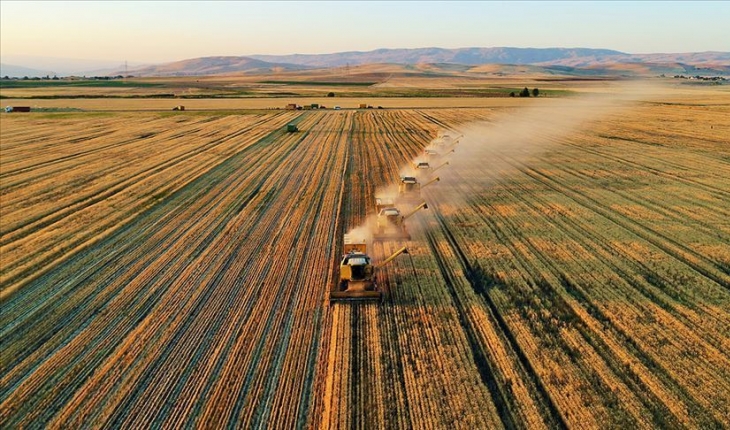
GOOD AGRICULTURAL PRACTICES CERTIFICATION
Good Agricultural Practices (GAP) are a set of agricultural production methods that aim to ensure food safety, traceability, and sustainability in agriculture, while protecting the environment, human and animal health, and conserving natural resources. In other words, it is a quality management system where every stage of agricultural production is controlled and documented.
Basic Principles of Good Agricultural Practices:
Environmental Protection: Protecting soil, water, and biodiversity, minimizing the use of chemical pesticides and fertilizers, and managing waste properly.
Protection of Human Health: Implementing safe production methods to protect the health of agricultural workers and consumers.
Ensuring Animal Welfare: Raising animals in healthy environments that meet their natural needs in animal production.
Traceability and Record Keeping: Keeping records of every stage of production, making the product's journey from farm to table traceable.
Food Safety: Providing healthy and safe food to consumers.
Sustainability: Ensuring that agricultural activities can continue without jeopardizing the needs of future generations.
How are Good Agricultural Practices Implemented?
GAP includes a series of specific practices and standards. Some of these are:
Soil Management: Using methods that protect soil structure and prevent erosion.
Irrigation: Choosing irrigation systems that use water efficiently and do not pollute water resources.
Fertilization: Applying the right amount of fertilizer at the right time, based on soil and plant analyses.
Integrated Pest Management (IPM): Adopting an integrated approach that minimizes the use of chemical pesticides and includes biological control methods.
Harvest and Post-Harvest Operations: Harvesting, storing, and processing the product in a way that preserves its quality and safety.
Worker Health and Safety: Ensuring that agricultural workers are employed in accordance with occupational health and safety rules.
Record Keeping: Keeping detailed records of all agricultural activities and inputs.


Benefits of Good Agricultural Practices:
For Consumers:
Provides access to healthy and safe food.
Offers the opportunity to support environmentally friendly production methods.
For Producers:
Improves product quality and yield.
Provides a competitive advantage in the market.
Offers the possibility of benefiting from government subsidies.
Can reduce production costs.
For the Environment:
Contributes to the conservation of natural resources.
Protects biodiversity.
Prevents environmental pollution by reducing the use of chemical pesticides and fertilizers.
For Society:
Contributes to rural development.
Promotes sustainable agricultural practices.
Contact Us to Begin Your Good Agricultural Practices Certification Process.
We offer affordable and effective solutions tailored to your needs.
The information presented on this website does not constitute legal advice and is intended for informational purposes only. KompassEurope.com.tr assumes no responsibility for any errors or omissions in the information contained on this website. Any decisions made or actions taken by the reader based on this information are solely at the reader's own risk, and KompassEurope.com.tr shall not be held liable for any legal consequences arising from such decisions or actions. Readers are strongly advised to seek professional legal counsel regarding their specific circumstances and concerns.
© 2025 Kompass Europe. All rights reserved. The contents of this website belong to Kompass Europe and are protected by copyright laws. Copying, publishing, distributing or any commercial use of the information on the website is possible only with written permission. By using this site, you agree to our Terms of Use and Privacy Policy.
